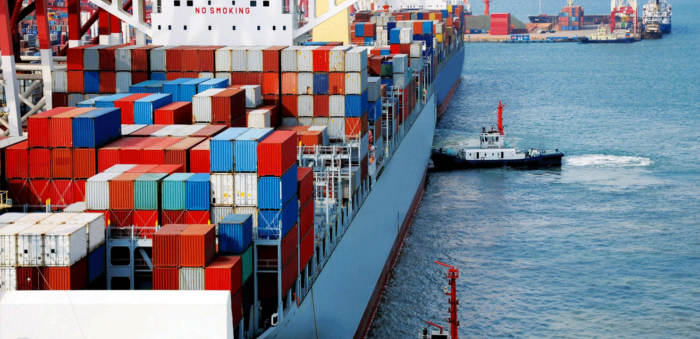Following the coronavirus spread, refrigerated containers are being diverted and relocated due to the shortage of reefer plugs at several Chinese ports. Meaning that container companies cannot secure the discharge of their reefers containers without the main power source.
Specifically, several days ago the MSC company informed that couldn’t discharge its shipment and had no option but to apply “clause 19 of our Bill of Lading and Sea Waybill Terms and Conditions”.
That means that reefer containers may be discharged at an intermediate or alternative port and held there until it is possible to forward them to the designated port of discharge.
We apologise for any disruption and delay your cargo may experience. MSC continues to monitor and implement necessary measures to minimize disruptions.
…said MSC.
In light of the situation, Orient Overseas Container Line Limited (OOCL) reported that there are still several difficulties to discharge and handle reefer shipments at the Shanghai, Tianjin, and Ningbo terminals due to the lack of reefer plugs.
This may lead to a diversion or relocation of reefer containers for discharge at an alternative port and we are currently working very closely with shippers on contingency plans and viable options to meet their requirements.
…the company further noted.
Following the slow inbound container pick-up activity that coronavirus has resulted, Ocean Network Express (ONE) had decided to apply a reefer congestion surcharge of $1.000 to every vessel arriving into Shanghai and Xingang, as it is also encourages its customers to change their destination to other ports.
Most reefer plugs at the yards of all container terminals in Shanghai, Ningbo and Tianjin/Xingang are already being occupied. CMA CGM is then forced to divert reefer cargo to other ports.
…as CMA CGM said.
Concluding, except ONE, CMA CGM also introduced a congestion surcharge of $1.250 per reefer container and Maersk from its side forced the fee of $1.000 per container for all reefer cargo.






























































